Phone: 303.945.2490 Fax: 866.592.6911 Email: [email protected]
621 Kalamath St. Ste 175, Denver, CO 80204
We’re celebrating the third annual Out Living It Day on Saturday, July 26! This special day of Out Living It celebrates our belief in the ongoing healing power of adventure and connecting with community.
Celebrate Out Living It Day with us on Saturday, July 26, by joining a Community Adventure near you!
JOIN US FOR A 2025 HEALING ADVENTURE!
Our bodies contain more beneficial bacteria, also known as probiotics, than cells. These microorganisms are essential for life, and maintaining a healthy level of gut bacteria promotes good overall health, potentially protecting against oral, digestive, and auto-immune problems.
In order to promote the growth of these probiotic bacteria, it is beneficial to consume a diet that is high in prebiotic foods. For those undergoing cancer treatments, certain cancer drugs and radiation treatments may reduce the number of beneficial bacteria in our gut. Consciously incorporating foods containing healthy bacteria is one practice that can be paired with cancer treatments.
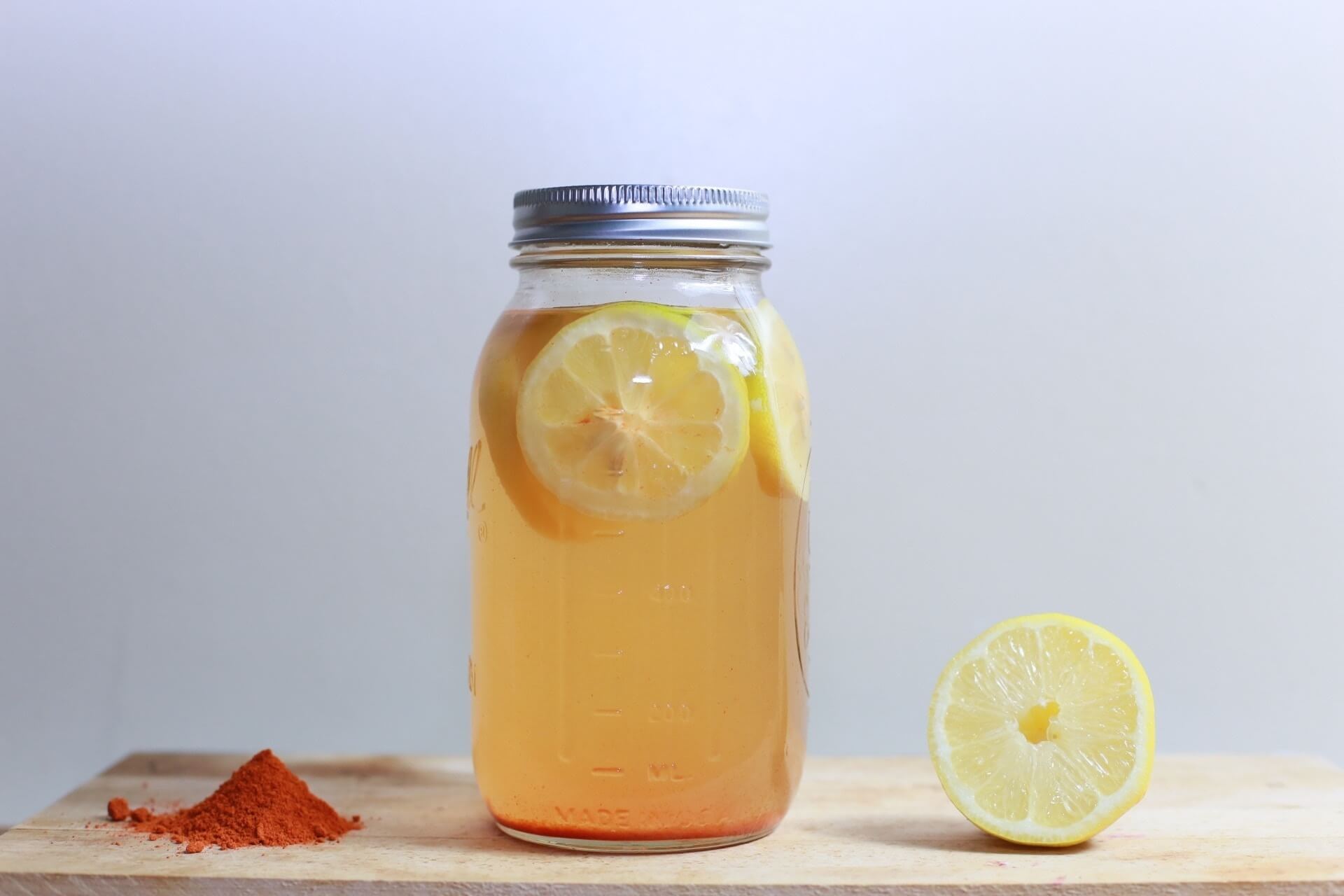
Where to find them?
Probiotics are found in many fermented foods. When purchasing foods containing probiotics, it is important to make sure that you select live or active cultures. You can usually find this information on product packaging. The following foods are high in probiotics:
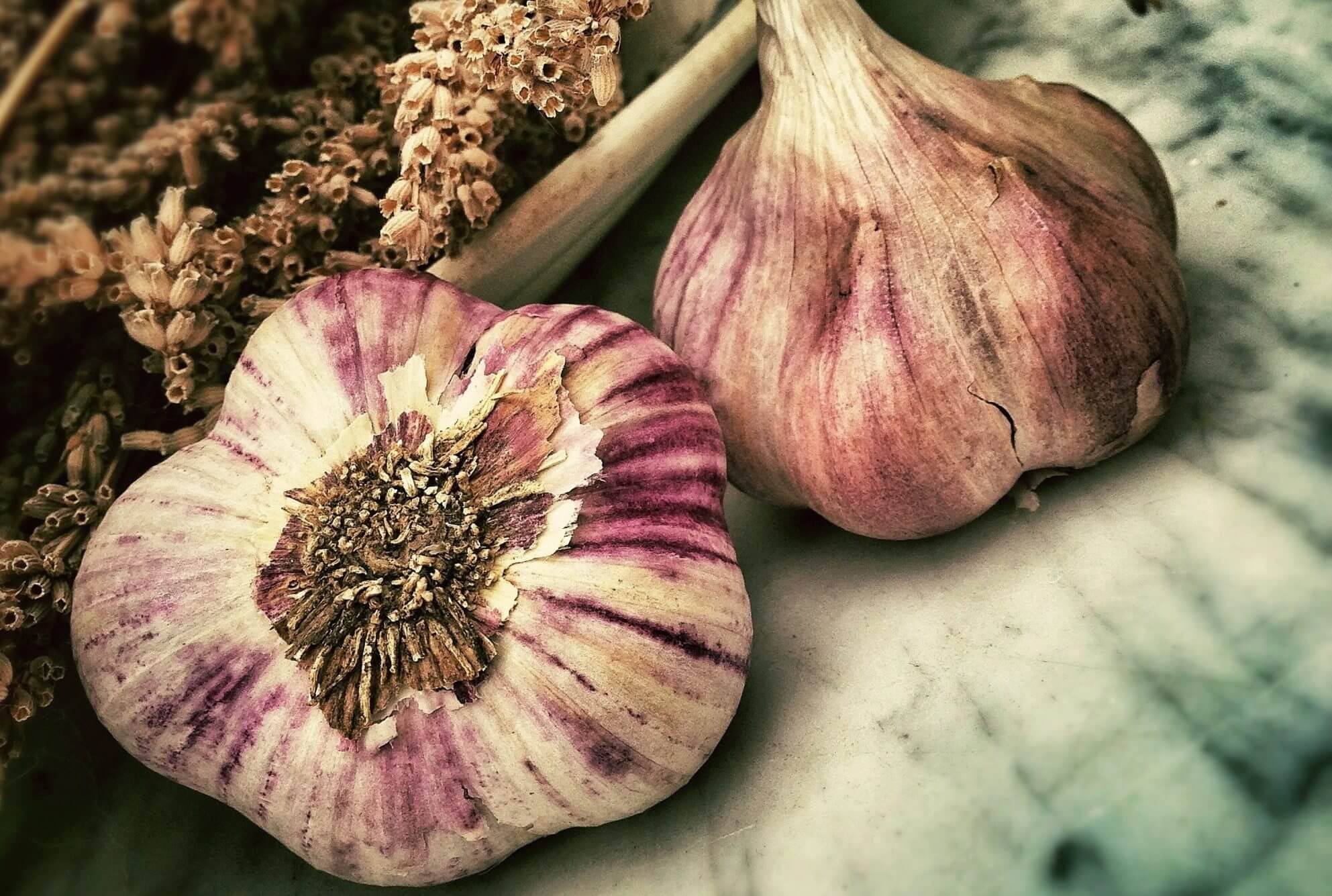
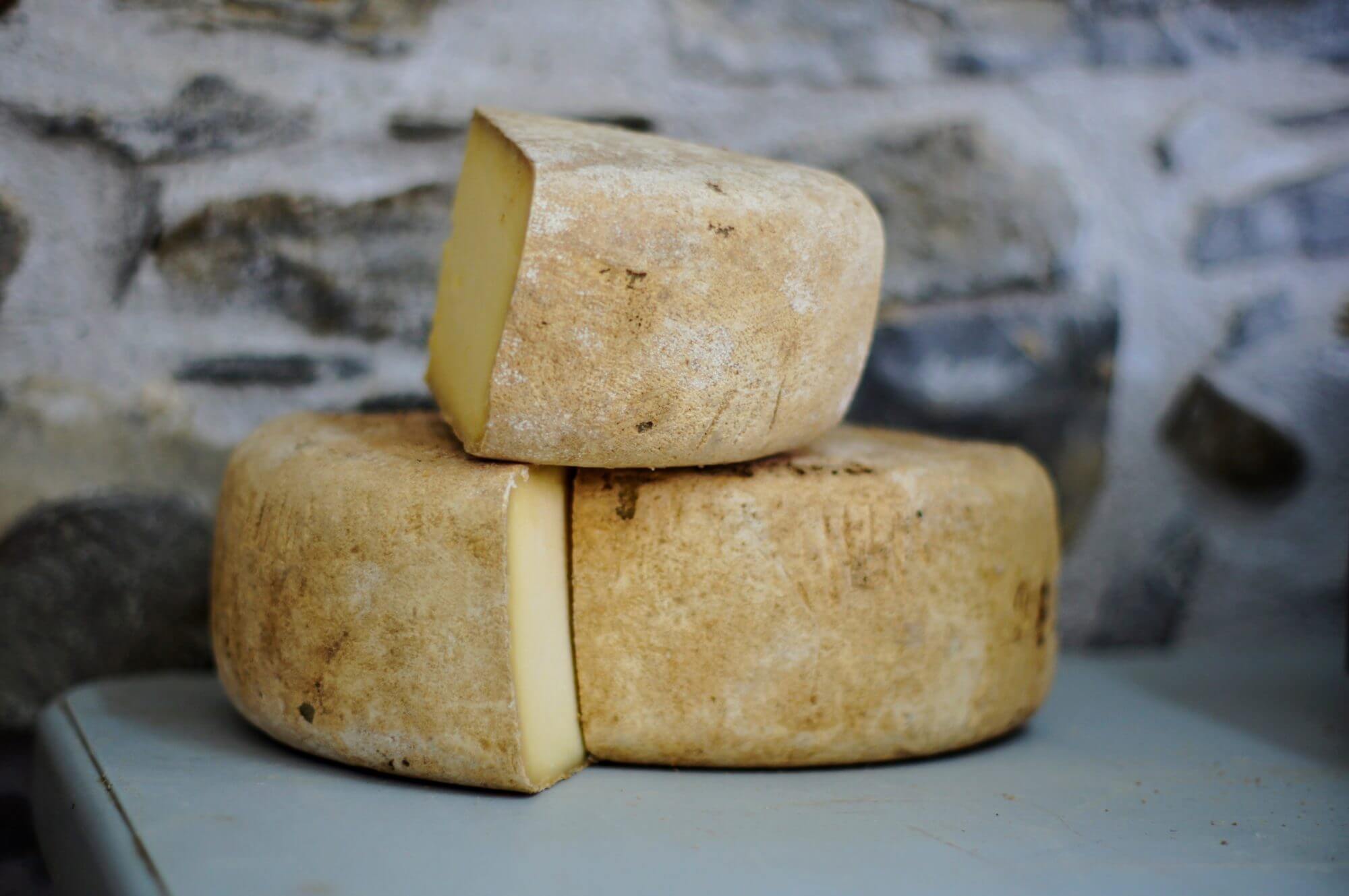
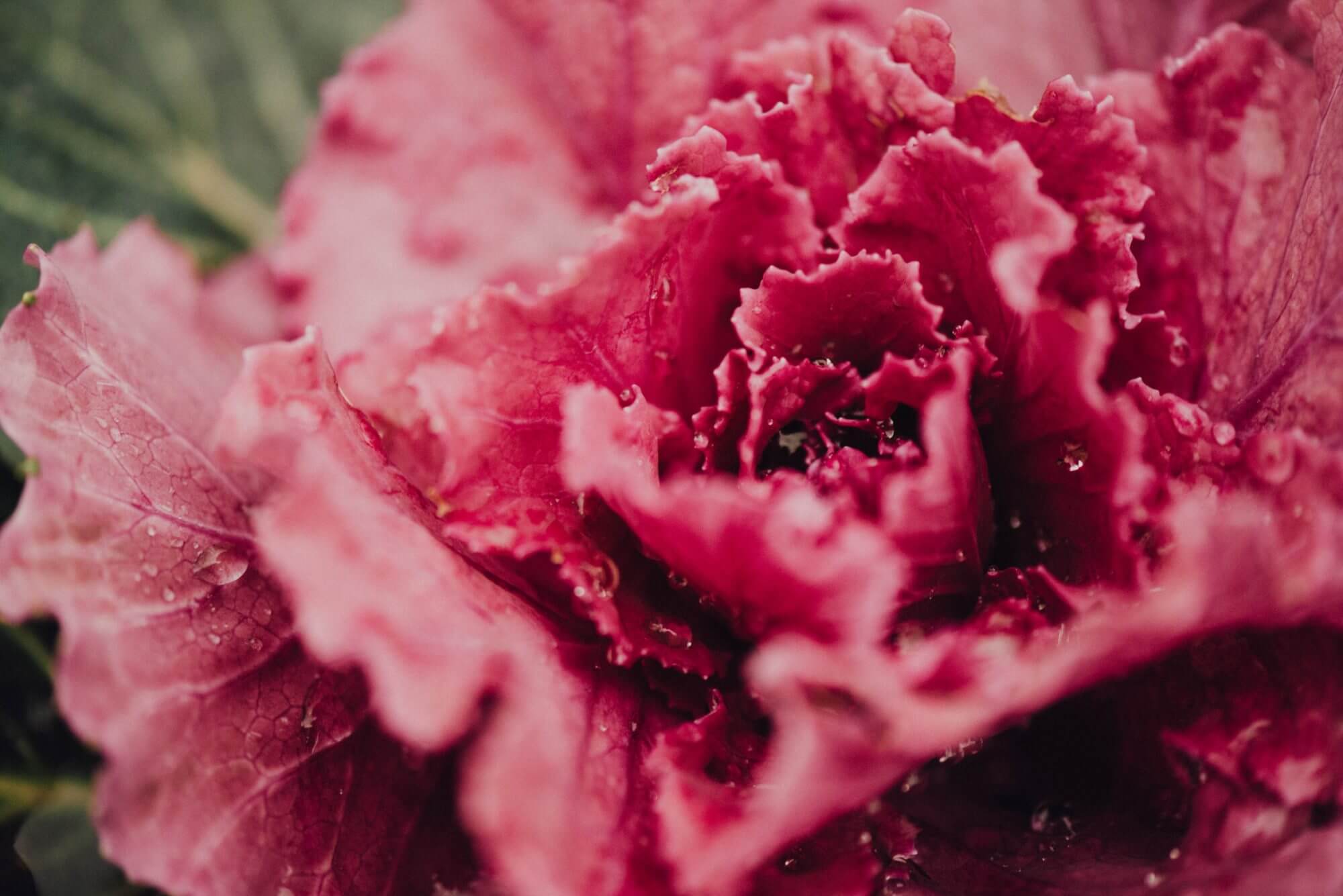
Although you can purchase probiotic supplements from the store, supplements will only carry certain strains. Maintaining a balanced diet high in a variety of bacteria rich foods is a great way to ensure that you build a diverse, stable array of gut flora. A helpful course of action is to include these probiotic and prebiotic foods into the diet as often as possible. Prebiotics are indigestible food items, that feed the probiotics. Some great prebiotic foods are:
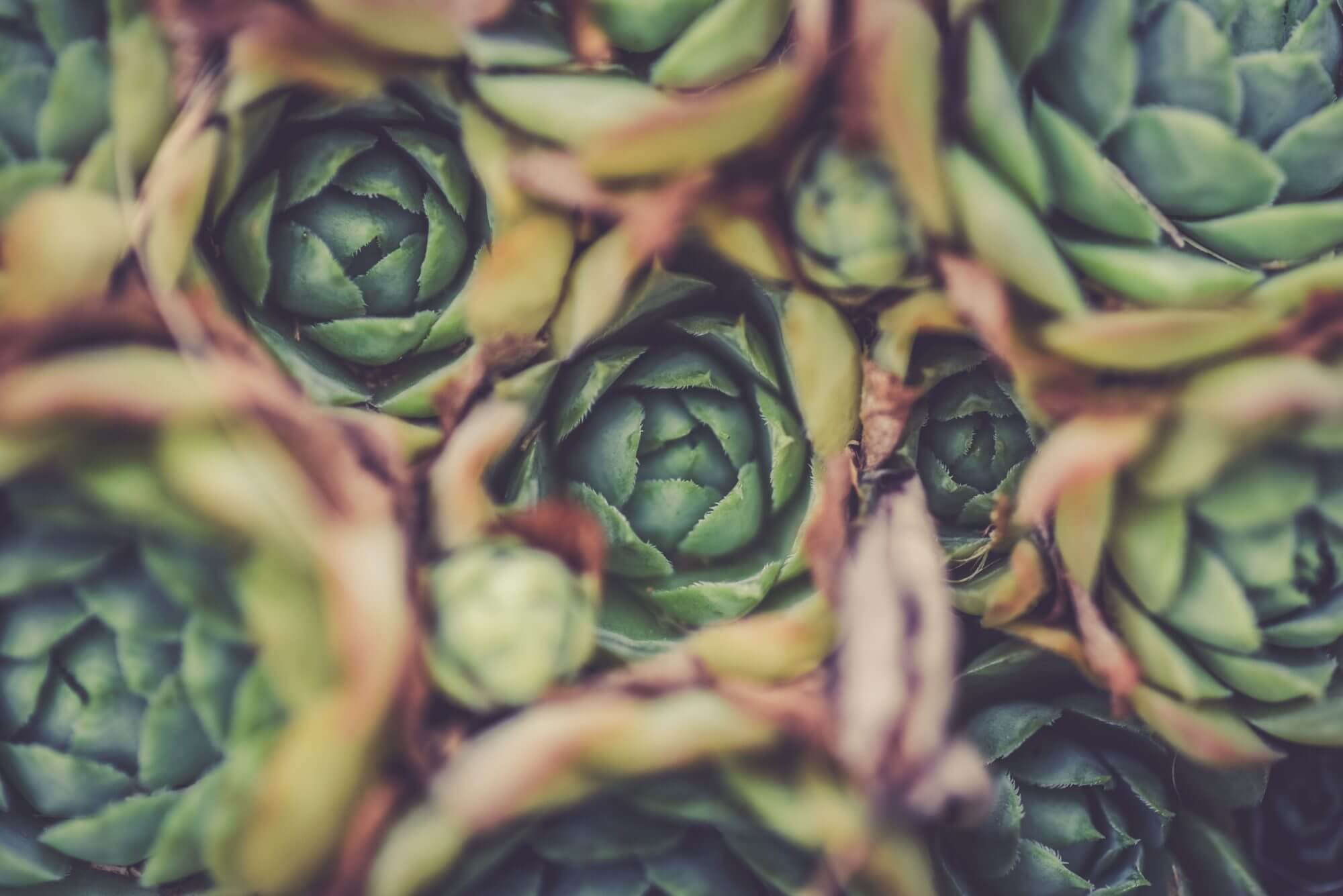
How to incorporate them into your diet?
Incorporating probiotic and prebiotic foods into your diet can be simple and flavorful. Here is a recipe that is simple and has both. Quinoa is a whole grain prebiotic while kimchi is a fermented probiotic and soy sauce is in both categories.
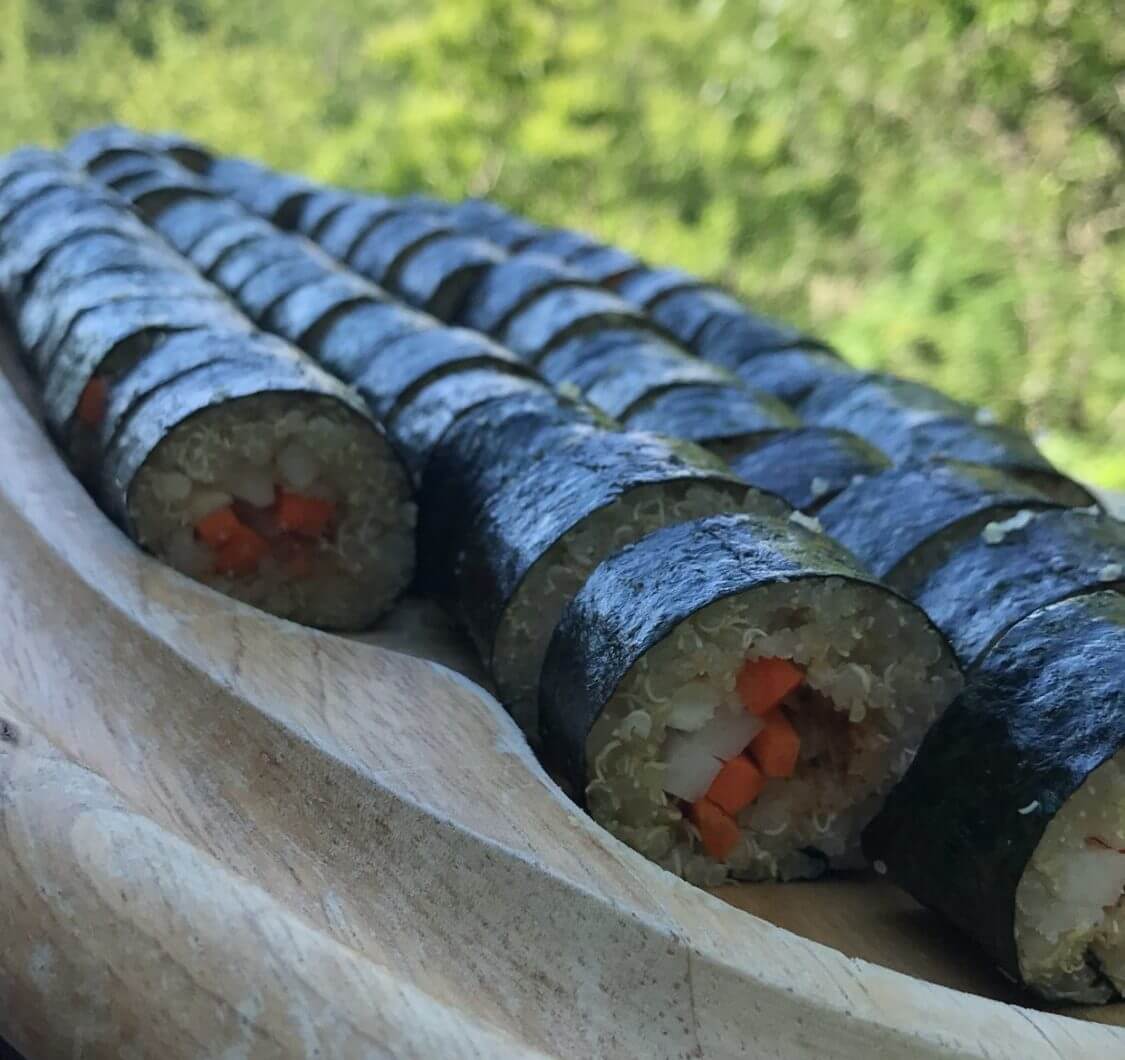
Recipe by: Clara “Kinja” Darling
Yield: 2 servings
Ingredients:
1/3 cup quinoa, dry
2/3 cup water
As needed, salt
3 tablespoons apple cider vinegar
½ cup Kimchi, live cultures
¼ small jicama, matchstick cut
1 carrot, matchstick cut
½ small cucumber, matchstick cut
2 sheets nori seaweed
As needed, white sesame seeds, toasted
Soy sauce, for dipping
Method of Preparation:
Chef’s note: Be sure to check the package when buying kimchi to ensure it contains live cultures.
You can find more information on Prebiotics and Probiotics in this peer-reviewed scientific journal, the Journal of Probiotics and Health.
For more information on ways to prepare fermented foods with probiotic and prebiotic benefits check out Cultures for Health.
To order a copy of our very own Out Cooking It with First Descents cookbook, explore our FD Store.
Please note that First Descents does not conduct nutritional research studies, nor does FD encourage readers to ensue any dramatic dietary or nutritional shifts without first consulting a doctor or certified nutritionist.
Ratatouille started my journey with First Descents as an intern sous chef in 201. I was just graduating from college at Johnson and Wales University with a Bachelor in Culinary Nutrition. Currently I am pursuing my credentials to be a registered dietitian. I am in the process of completing all my requirements and will sit for the exam in the summer of 2018. This will help me better provide education for participants next season when I come back as a program chef and seasons beyond. Cancer hits close to home as I lost my grandmother in May 2017. She struggled with her diet and I vowed to help as many as I can nutritionally that also have cancer.
Hi,
First, I want to thank you for sharing your knowledge and the lists of foods with probiotics and prebiotics.
Second, I was wondering if pickles are a probiotic food?